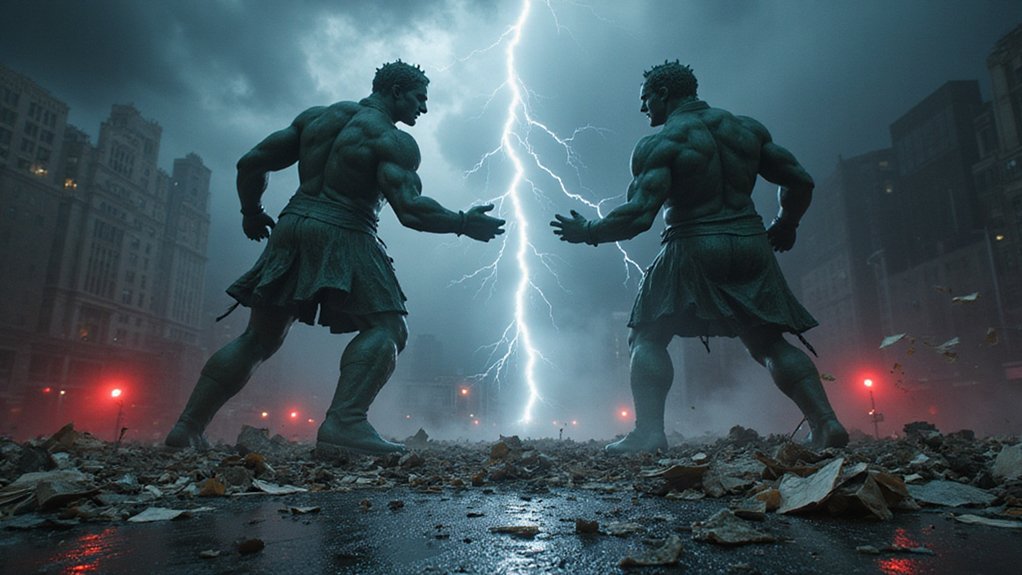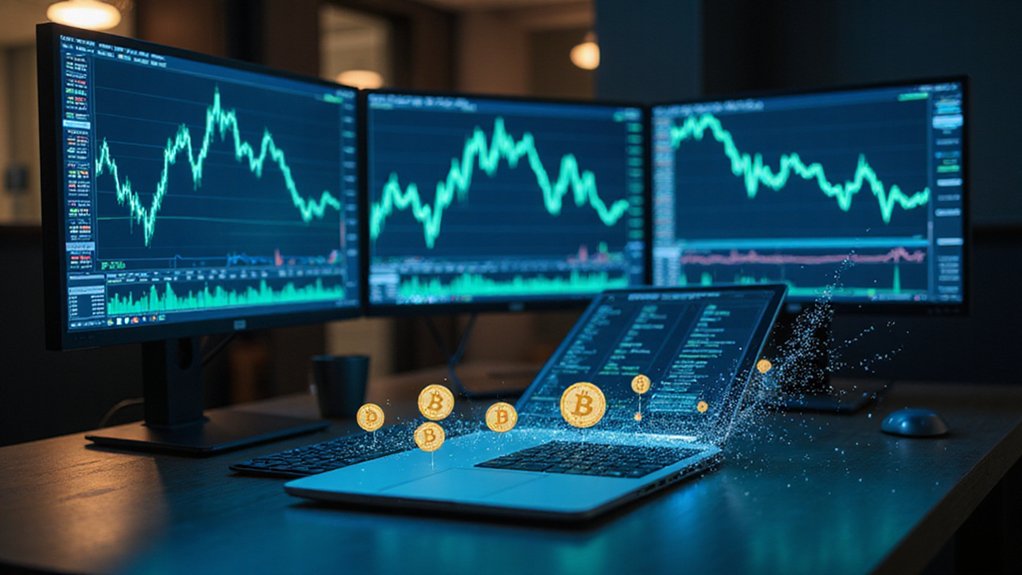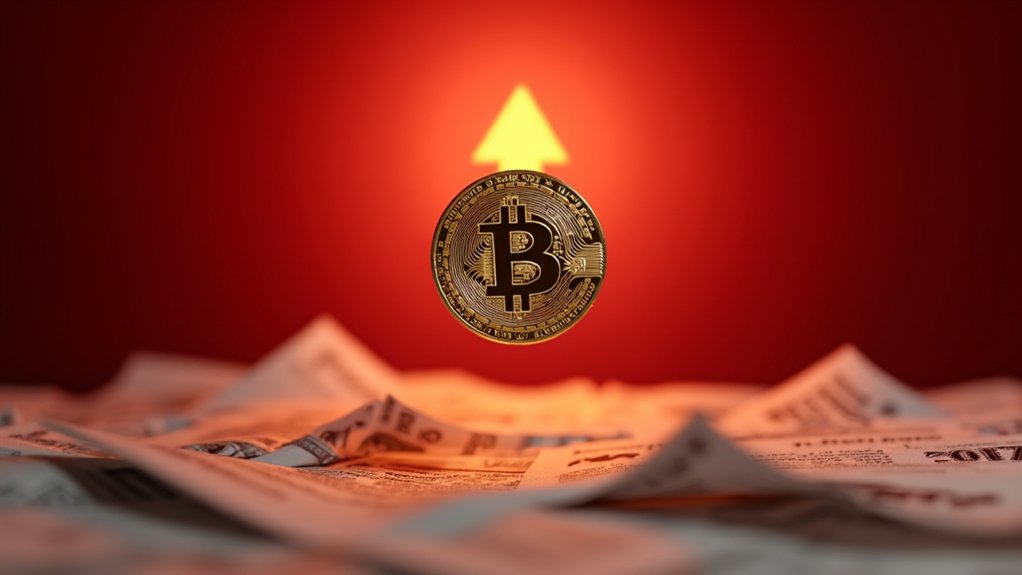When two titans of American capitalism collide, the reverberations extend far beyond their respective empires—and the spectacular public disintegration of the Trump-Musk alliance has provided a masterclass in how personal vendettas can trigger market volatility, political upheaval, and corporate uncertainty on a scale that would make seasoned Wall Street veterans reach for their antacids.
What began as a seemingly cordial relationship, punctuated by Musk’s attendance at Trump’s January 2025 inauguration alongside other tech luminaries, has devolved into a theatrical display of ego-driven destruction that would make Shakespeare blush.
The catalyst? Trump’s “One Big Beautiful Bill”—legislation that Musk branded a “disgusting abomination” with the kind of hyperbolic fervor typically reserved for particularly offensive reality television.
The market’s response was swift and merciless.
When the world’s richest man declares war on a former president wielding considerable political influence, institutional investors don’t pause to admire the entertainment value.
Tesla shares experienced significant pressure as Trump threatened to yank government subsidies and contracts—a move that could fundamentally reshape the economics of Musk’s electric vehicle empire and SpaceX operations. This situation exemplifies market risk, where external factors like political decisions can dramatically impact asset values and investor confidence.
The financial implications extend beyond mere stock fluctuations.
Government contracts represent billions in revenue streams for Musk’s ventures, while federal subsidies have long served as vital tailwinds for Tesla’s market positioning.
Trump’s retaliatory threats to eliminate these advantages demonstrate how quickly political relationships can transform into existential business risks.
Perhaps most remarkably, Musk’s agreement with impeachment calls against Trump elevated this feud from corporate squabble to constitutional theater.
Republican lawmakers found themselves trapped between competing loyalties, while markets grappled with unprecedented uncertainty surrounding two figures whose tweets routinely move billions in market capitalization.
The broader implications remain troubling for institutional stability. This volatility echoes their previous tensions, as Musk had suggested Trump should retire amid a public spat in July 2022 before eventually endorsing him in 2024.
When personal animosity between powerful individuals can trigger market turmoil, cancel government contracts, and influence legislative outcomes, it exposes fundamental vulnerabilities in systems theoretically designed to operate above such petty considerations. When faced with such market instability, investors often hit back button on their trading platforms seeking refuge in safer positions.
This saga ultimately illustrates a sobering reality: in an era where individual personalities wield disproportionate influence over markets and policy, the line between personal grievance and systemic risk has become dangerously thin—leaving investors, policymakers, and the public to navigate the wreckage of wounded egos.





